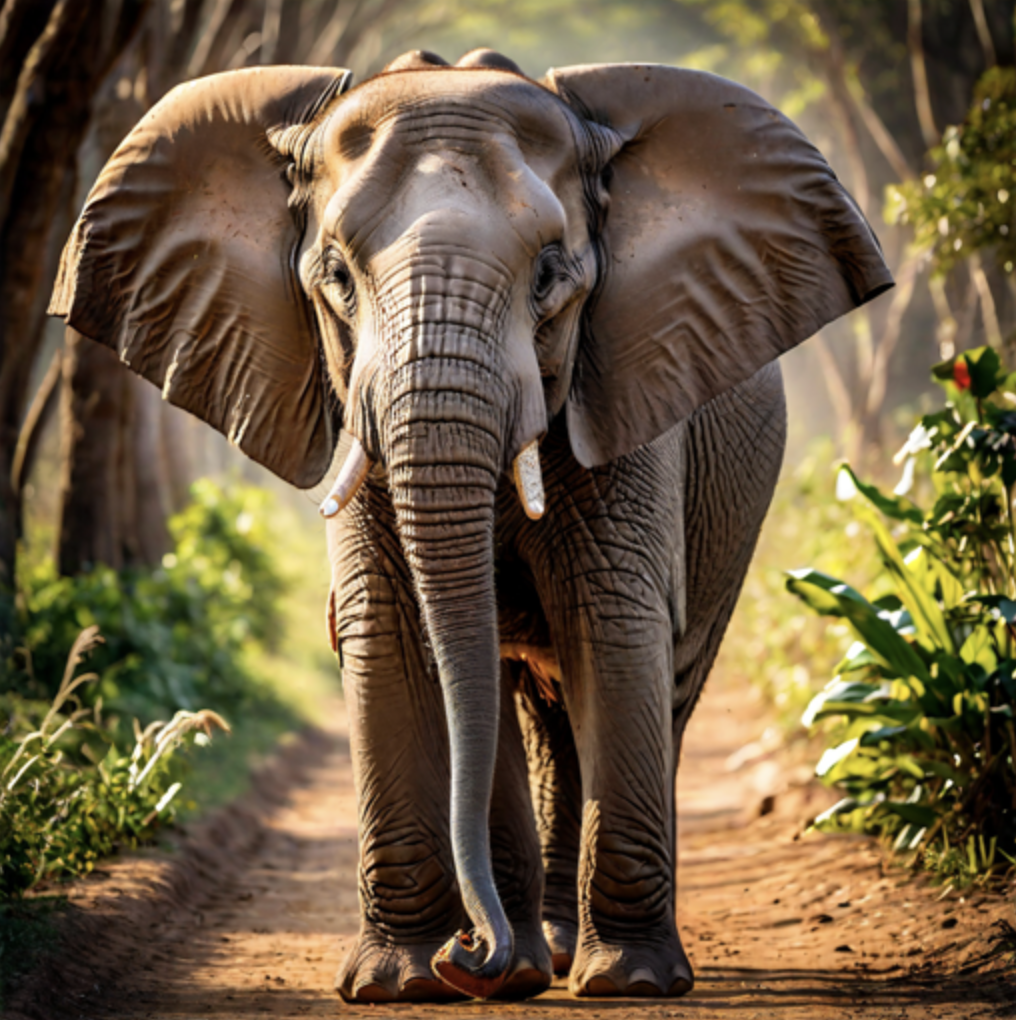Legal Personhood for Animals: A Question for the Courts?
 By Jacob Einbinder | Staff Editor
By Jacob Einbinder | Staff Editor
March 15, 2024
—
“To be a person, one has to be seen as human. Put differently, animal personhood is an oxymoron in anthropocentric legal systems.”[1] The legal status of animals as property is a death sentence for billions of animals trapped in animal agriculture and aquaculture industries around the world.[2] Based on conservative estimates, approximately 65 billion land animals are raised annually for farming, while the oceans yield between 2 and 3 trillion creatures for human consumption.[3] Under property law, humans are entitled to exercise dominion over animals, denoting the way legal systems enable exploitation of nonhumans.[4]
The concept of legal animal personhood is an alternative legal status proposed by the Nonhuman Rights Project (“NhRP”). The NhRP argues that certain animals should be granted legal rights and protections like those afforded to human beings.[5] Legal personhood is significant because it implies that certain “intelligent” animals are entitled to live life outside of captivity because of their cognitive capacity.[6] In 2018, the NhRP sued the Bronx Zoo on behalf of Happy the elephant.[7]
In Breheny, the NhRP sought a writ of habeas corpus for Happy.[8] A writ of habeas corpus[9] has historically protected the right of humans to be free of unlawful confinement.[10] To extend the applicability of habeas corpus to nonhumans would be an unprecedented recognition of the right of certain animals to liberty and a life free of confinement. Although the Court of Appeals did not hold Happy to be a “person,” Breheny highlights the legal issues facing courts and advocates on the road to achieving legal recognition for animals.
Judge Wilson dissented from the majority’s holding that habeas corpus only belongs to “humans because they are humans.”[11] He argued that there is no precedent preventing the application of habeas corpus to an owned subject.[12] Furthermore, Wilson disagreed with the majority’s suggestion that the question of whether animals qualify for the writ of habeas corpus should be left to the legislatures.[13]
While the majority argued that questions of animal welfare should be directed to the legislature, precedent shows that the “writ cannot be abrogated…by legislative action.”[14] Thus, it is incorrect to defer to the legislature for matters involving habeas proceedings. Wilson accused the New York Court of Appeals of erroneously limiting liberty rights to humans and inappropriately deferring to the legislature on a question meant for the courts.[15]
Courts have been quick to punt to legislatures on the question of animals’ ability to bring suits[16] However, such a novel question may only be suited for the judiciary because of the influence of industrial agriculture on legislatures.[17] The lack of external industry pressure on Courts suggest that it is imperative for animals that the judiciary take animal suffering seriously. While personhood may be a long way off for animals, the sheer magnitude of animal suffering in industrial agriculture demands an answer.[18]
[1] Maneesha Deckha, Animals as Legal Beings: Contesting Anthropocentric Legal Orders 91 (2021).
[2] Id. at 178 (2021).
[3] Id. at 4 (citing statistics from 2021).
[4] Gary Francione, Animals Property & The Law 24 (Temple University Press 1995).
[5] Nonhuman Rights Project, https://www.nonhumanrights.org/ (last visited Oct. 26, 2023).
[6] Deckha, supra note 1 at 87.
[7] Nonhuman Rights Project, Inc. v. Breheny, 38 N.Y.3d 555, 566 (2022).
[8] In 2018, the NhRP commenced the habeas proceeding against James Breheny, Director of the Bronx Zoo, in the Supreme Court. Breheny, 38 N.Y.3d 555, 566 (2022). The Supreme Court dismissed the petition and the Appellate Division unanimously affirmed. Id. at 568. The Court of Appeals granted the NhRP leave to appeal. Id. at 569.
[9] “’Habeas corpus’ is a suit wherein probable cause therefor being shown, a writ is issued which challenges the right of one to hold another in custody or restraint.” State ex rel. Phalen v. Roberts, 858 S.E.2d 936, 941 (2021).
[10] Breheny, 38 N.Y.3d 555, 565 (2022).
[11] Id. at 582.
[12] Id. at 583.
[13] Id. at 582.
[14] People ex rel. Tweed v. Liscomb, 60 N.Y. 559, 566 (1875).
[15] Breheny, 38 N.Y.3d 555, 613 (2022) (J. Wilson, dissenting).
[16] See also Mosiman ex rel. Just. v. Vercher, 321 Or. App. 439, 456 (2022).
[17] Big Money, the Farm Bill and Family Farms vs. Industrial Agriculture, American Promise (June 18, 2019), https://americanpromise.net/big-money-the-farm-bill-and-family-farms-vs-industrial-agriculture/ (stating that the Farm Bill was influenced by corporate interest).
[18] See note 3.
